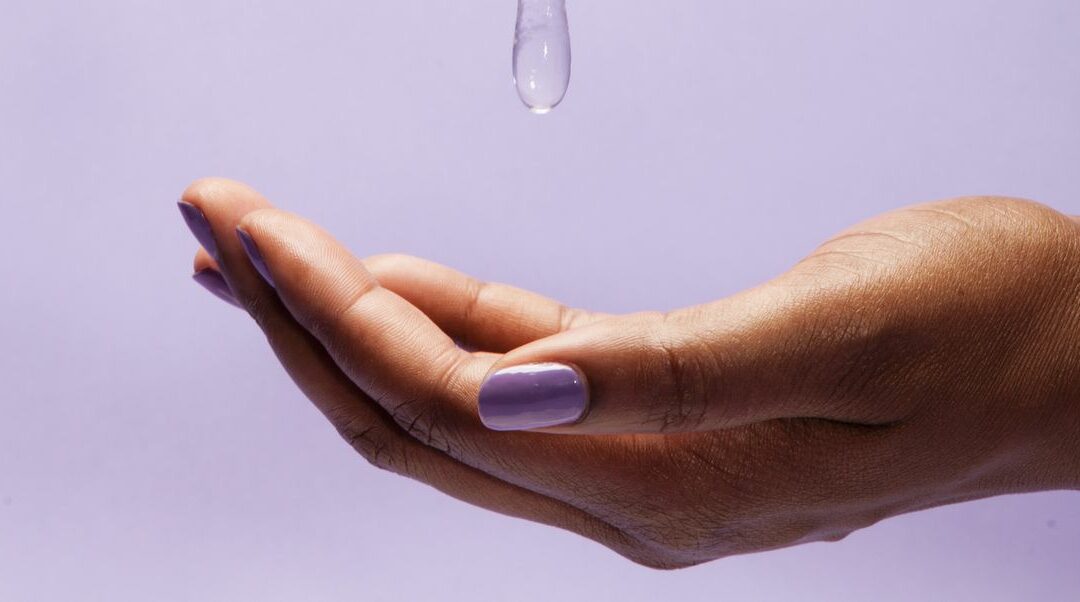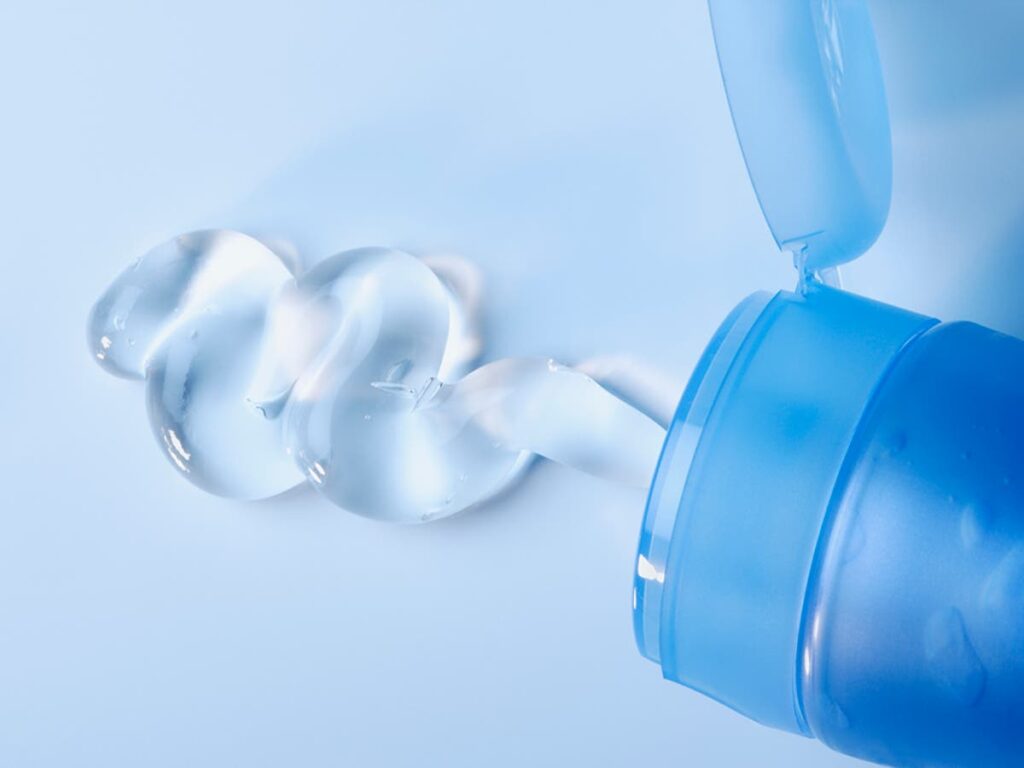Lubes are famous for making sex effortless and significantly easier for you and your partner. If the vagina is wet enough, it’s easier for the penis to penetrate and deposit the sperms. Thus, making the entire process less painful and more enjoyable.
This article will look at different types of lubes, their pros and cons, and how to apply them.
How Does Lubes Help During Sex?
Whenever women are significantly aroused, their vagina becomes lubricated and ready for sexual intercourse. It’s a physiological response experienced by all women.
However, sometimes this is not achievable, and many women need extra lubrication. It could be because you’re not aroused or experiencing vaginal dryness due to some conditions or medications. And this is when lubricants, popularly known as lubes, come into play.
During sex, lubes help in the following ways:
- Softens the vaginal skin to ensure comfortable penetration
- Maintains the elasticity of vaginal walls
- Tones down vaginal dryness, allowing the penis to penetrate better
- Improves blood flow to the vulva, thereby increasing sexual arousal
- It dramatically reduces friction and makes sex more pleasurable
It’s normal to experience vaginal dryness as you age, as well. Therefore, it’s not always a disease or problem that could be leading to this issue. However, if there are any other symptoms, such as intense rash or itching, it would be better to seek professional help.
Types Of Lubricants
Researchers have come up with different types of lubricants according to varying modes of sex.
There’s a lube for vaginal, oral sex and even anal sex. All have been formulated according to the anatomy of the body parts and the force of friction experienced.
1. Water-Based
Water-based lubricants are the most common and come in two versions: with or without glycerin.
If you have sensitive skin or are a beginner, water-based lubricants are the best for you. And for those who are prone to recurrent vaginal infections (mostly yeast), water-based lube without glycerin is the best. They are also safe for latex condoms and don’t stain the fabric either.
Water lubes are a great option for sex toys as well. However, since the formula is mostly water, it doesn’t stick around for too long. So, you might need to reapply it a couple of times. Moreover, since they can wash off easily, they aren’t effective during showers or baths.
2. Oil-Based
Oil-based lube is the best option for couples looking for something sturdier and who don’t use condoms regularly. They tend to last three times longer than water-based gels. Furthermore, they are an ideal option for sexual activities in the shower. Whether it’s a hand job, massage or simply sex – oil-based lubricants are merely incredible.
However, these lubes are notorious for supporting bacterial growth and thus can be a risk factor for various STIs. Moreover, they are not compatible with latex condoms or sex toys and will stain your bedsheets.
Oil lubes are available in both natural and synthetic forms, readily available in the market and safe to use. Thus, if you’re really into oil-based lubes, starting with these oils would be a great decision.
3. Silicone-Based
Silicone-based lubes are everyone’s favourite because there’s no such thing as “reapplication” with them. Once applied, you’re good to go for the rest of the evening with your partner. Not only are they ideal for hot baths and running showers, but silicone-based lubricants can surely take your sex life to the next level. This is so because the skin doesn’t absorb silicone – unlike water and gel-based lubes. It thus gives more lubrication, and we all know that wetter is always better.
Because of their hypoallergenic qualities, silicone lubes are safe for almost everyone. However, they can damage your silicone sex toys and require extensive cleaning after you’re done for the day.
4. Natural Lubes
If you want to play it safe, starting with natural lubricants is worth a shot. They are usually natural ingredients with a shorter half-life and guaranteed safety.
Natural lubes such as aloe vera and coconut oil have gained popularity over the years, probably because they are economical and contain natural ingredients. Some issues with aloe vera lubes are that it dries off too quickly and has an odour that isn’t preferred by many. Whereas with coconut oil, there are chances of the condom breaking and staining the bedsheets. However, if you’re new to the concept of lubricants, natural lubes can get the ball rolling for you.
How To Use Lubes?
Finding the “ideal” lubricant is essential, but knowing how to apply it is equally important. If you don’t know how to use a specific type of lube, the chances are that you’ll end up disliking the product and throwing the product away for good.
Here are some ways that will prove helpful in the long run:
- Always squirt the lube on your palms, and warm it up.
- Introduce lube during foreplay for maximum effectiveness.
- Thoroughly apply it before penetration for reduced friction.
- Use generous amounts of lube, and reapply if you need to.
- Apply lubricant to the sex toy or penis for added performance.
- Always lay down an extra sheet or towel before playing around with lubes.
Ingredients To Avoid
For those who have susceptible and easily irritated skin, there are some ingredients you should avoid at all costs:
- Petroleum
- Glycerin
- Propylene glycol
- Nonoxynol-9
- Chlorhexidine gluconate
Conclusion
While it may seem insignificant, choosing the correct lube is incredibly vital. Whether water-based or natural lubricant, do your research before buying lubes since they all serve different purposes. Always prioritise comfort and safety over anything, and if you don’t feel like using lubes, then it’s okay as well. However, it’s also essential to enjoy the process and relax to ensure a better performance.
Most importantly, immediately reach out to your doctor if there’s a rash, itching or swelling, and remember to discontinue the product as well.



Recent Comments